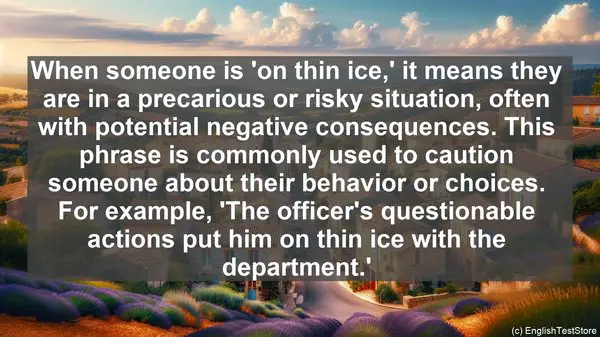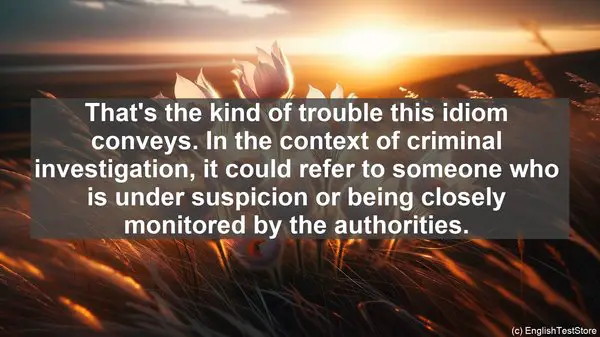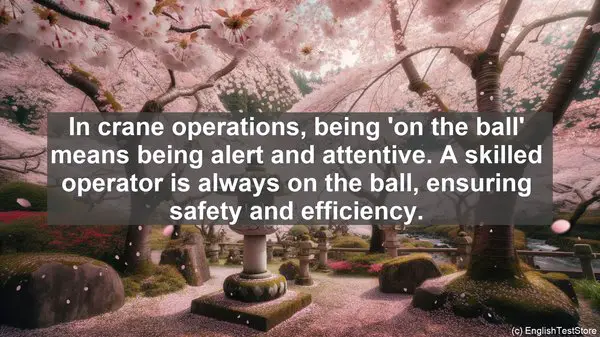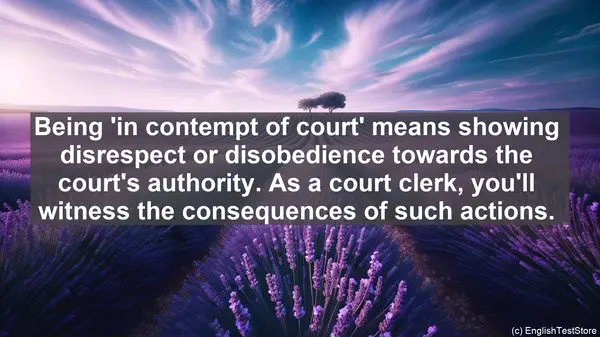Introduction: The Power of Idioms in Legal Discourse
Hello everyone, and welcome to today’s lesson . As a criminal lawyer, mastering the English language is crucial. It’s not just about knowing the law; it’s about communicating effectively. And one powerful tool in your linguistic arsenal is idioms. These figurative expressions can convey complex ideas in a concise and memorable way. So, without further ado, let’s dive into the top 10 English idioms every criminal lawyer should know.
1. ‘Throw the book at someone’
Imagine a courtroom scene where the judge, in a display of strictness, metaphorically throws a heavy law book at the defendant. This idiom means to charge someone with every possible offense, seeking the harshest penalties. It’s a vivid way to describe a prosecutor’s aggressive approach.
2. ‘In the hot seat’
Picture a witness under intense scrutiny, sitting in a chair that seems to radiate heat. This idiom refers to being in a position of extreme pressure, often during cross-examination. As a criminal lawyer, you’ll often find yourself putting others in the hot seat, but you must also be prepared for moments when you’re there yourself.
3. ‘Get off the hook’
In fishing, getting off the hook means escaping capture. In legal terms, it refers to avoiding punishment or being acquitted. When you successfully defend a client, you’ve not only helped them get off the hook but also ensured their freedom.
4. ‘Open and shut case’
Some cases are like doors that swing open and shut effortlessly. This idiom describes a situation where the evidence is so clear and conclusive that the outcome seems obvious. However, as a diligent lawyer, it’s essential to examine even seemingly open and shut cases with a critical eye.
5. ‘Behind bars’
Bars, both literal and metaphorical, represent confinement. When someone is behind bars, they’re in prison. This idiom is often used to discuss the fate of a convicted criminal. As a criminal lawyer, your goal may be to keep your client from ending up behind bars.
6. ‘Plead the fifth’
In the US legal system, the Fifth Amendment grants the right to remain silent to avoid self-incrimination. When someone ‘pleads the fifth,’ they’re refusing to answer a question, typically in a way that suggests guilt. Understanding this idiom is crucial during witness examinations.
7. ‘In the clear’
Imagine a foggy landscape where visibility is poor. When the fog lifts, and everything becomes clear, you’re ‘in the clear.’ In legal terms, this means being free from suspicion or guilt. It’s a desirable state for both lawyers and their clients.
8. ‘Slam-dunk case’
In basketball, a slam-dunk is a shot that’s virtually guaranteed to score. In legal jargon, a slam-dunk case refers to one with overwhelming evidence in favor of a particular side. While such cases may seem like easy wins, it’s important to present the evidence convincingly.
9. ‘Cut a deal’
Sometimes, the best course of action for a client is to negotiate a plea bargain. When you ‘cut a deal,’ you’re reaching an agreement with the prosecution, often for a reduced charge or sentence. This idiom highlights the importance of negotiation skills in criminal law.
10. ‘In the same boat’
Imagine a group of people in a boat, all facing the same challenges and uncertainties. When you’re ‘in the same boat’ as someone, you’re in a similar situation. This idiom can be used to build rapport with clients or to emphasize shared circumstances during a trial.

Conclusion: Unlocking the Language of Law
English idioms are more than just linguistic curiosities. For a criminal lawyer, they’re tools for persuasion, clarity, and connection. By mastering these 10 idioms, you’re not just expanding your vocabulary; you’re also gaining insight into the nuances of legal discourse. So, keep learning, keep practicing, and soon, you’ll be speaking the language of law with confidence. Thank you for watching, and see you in the next lesson .



















